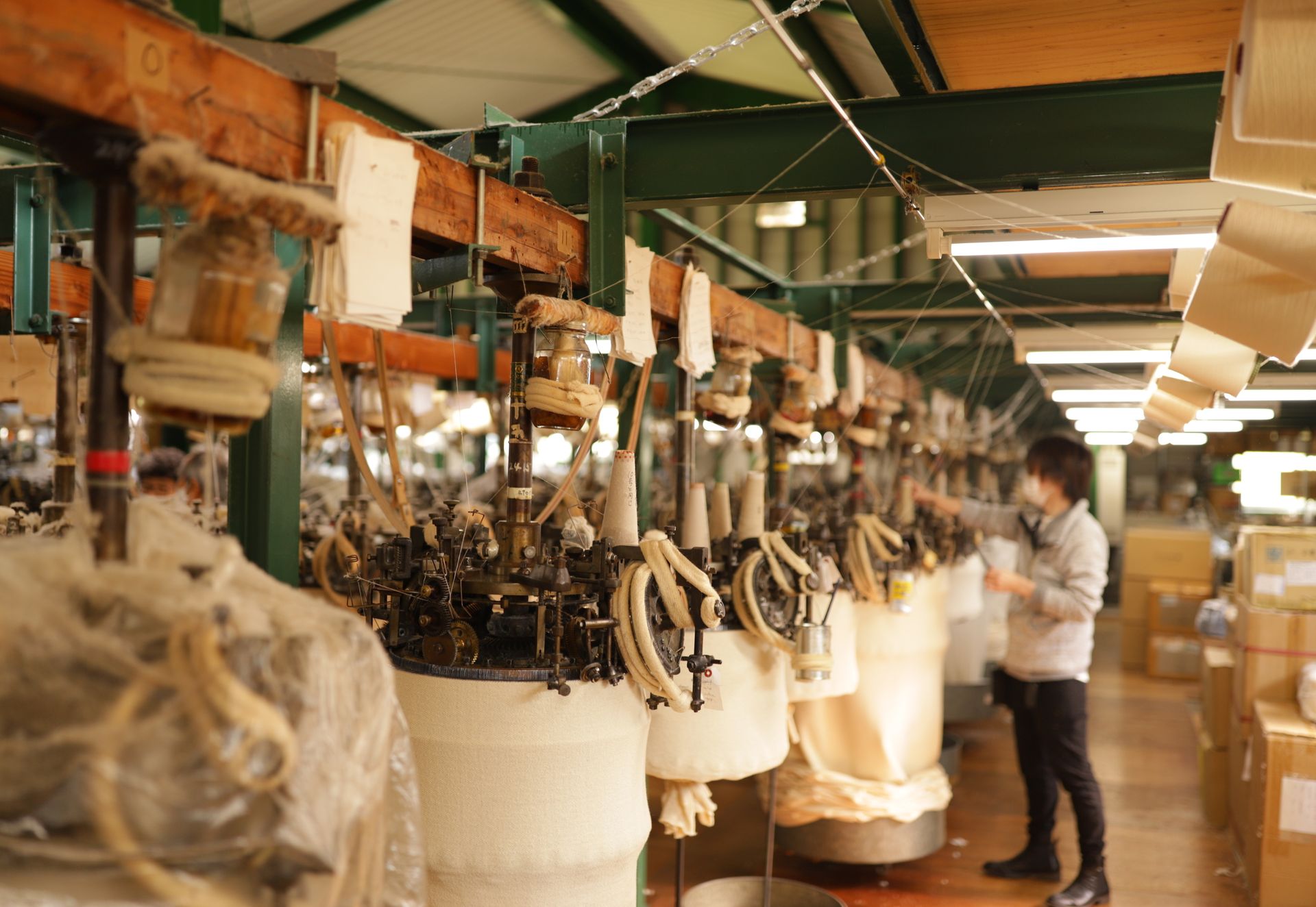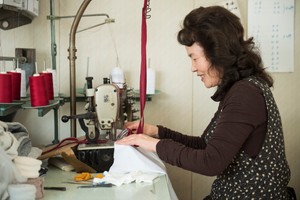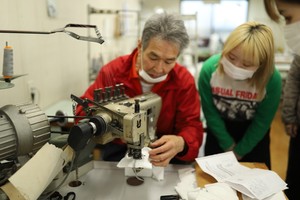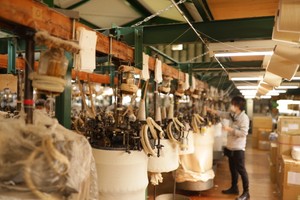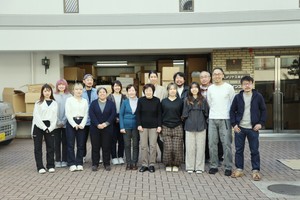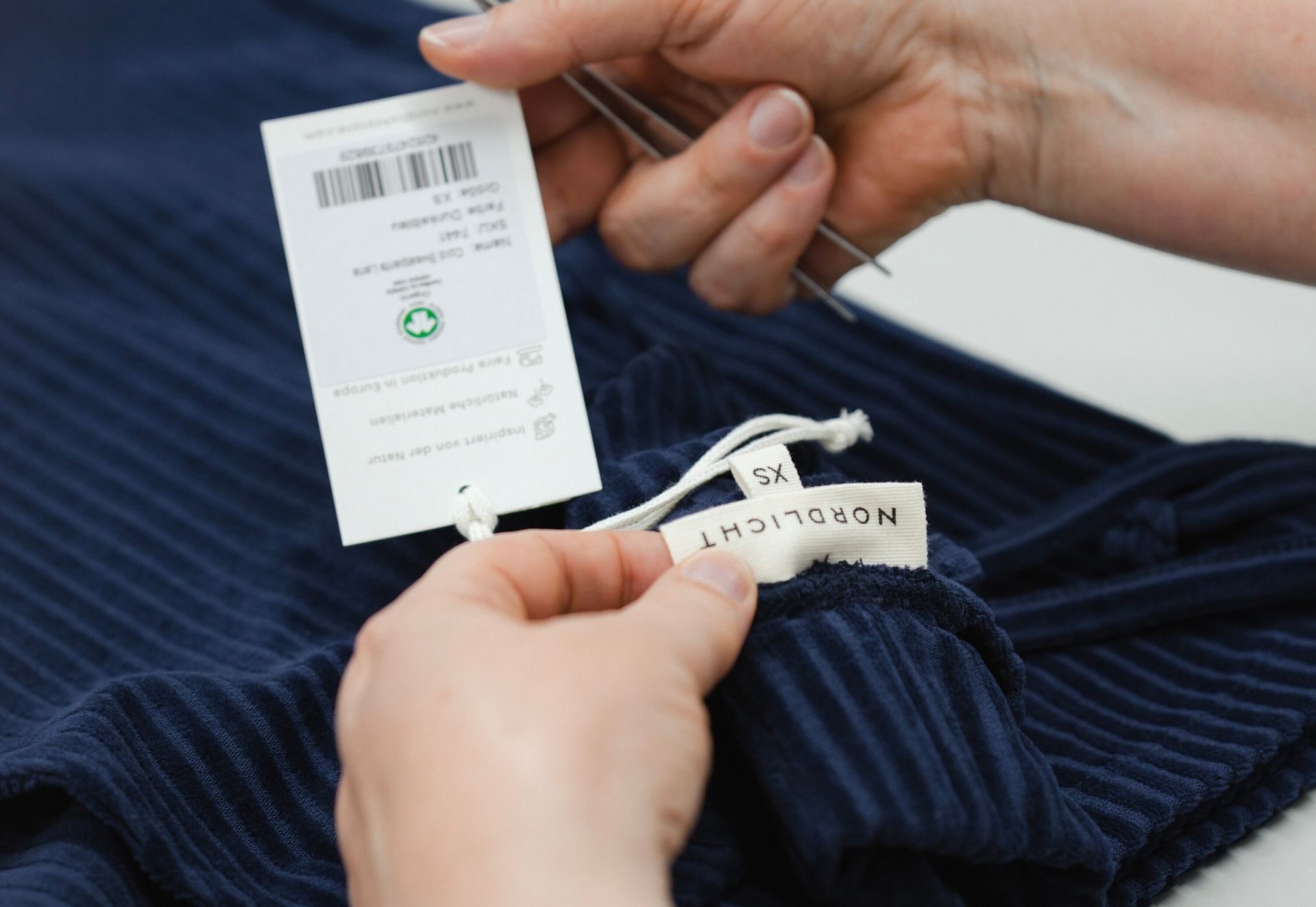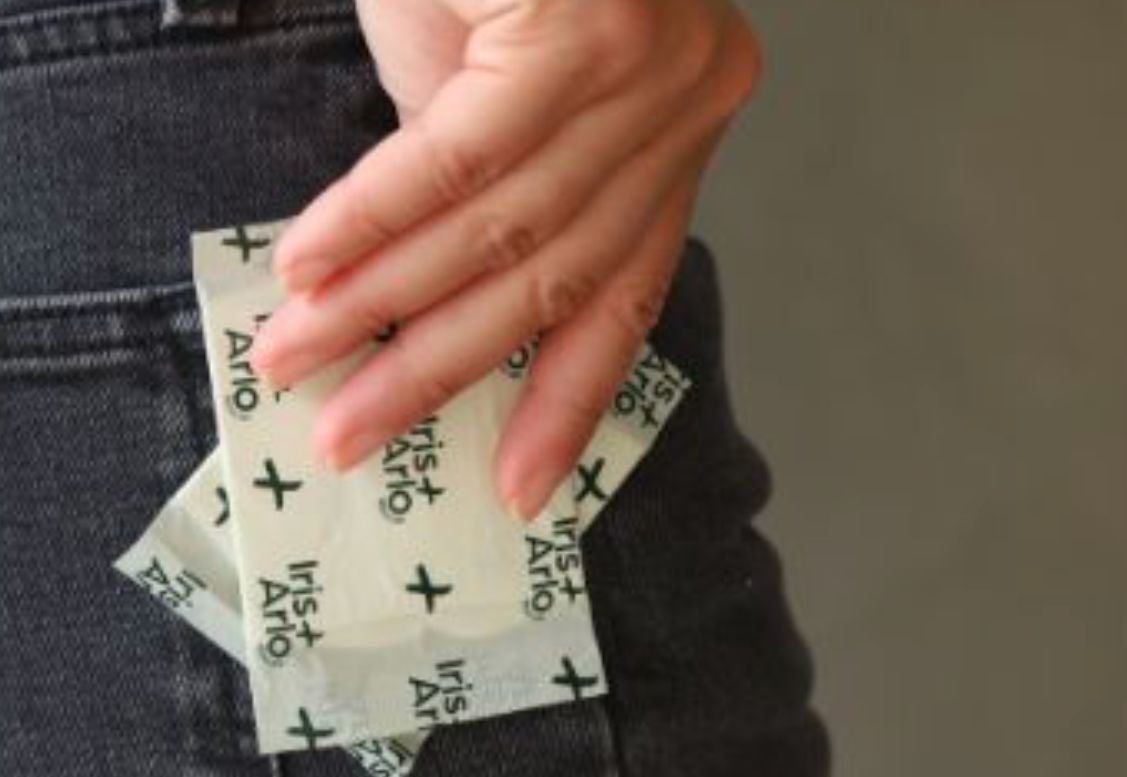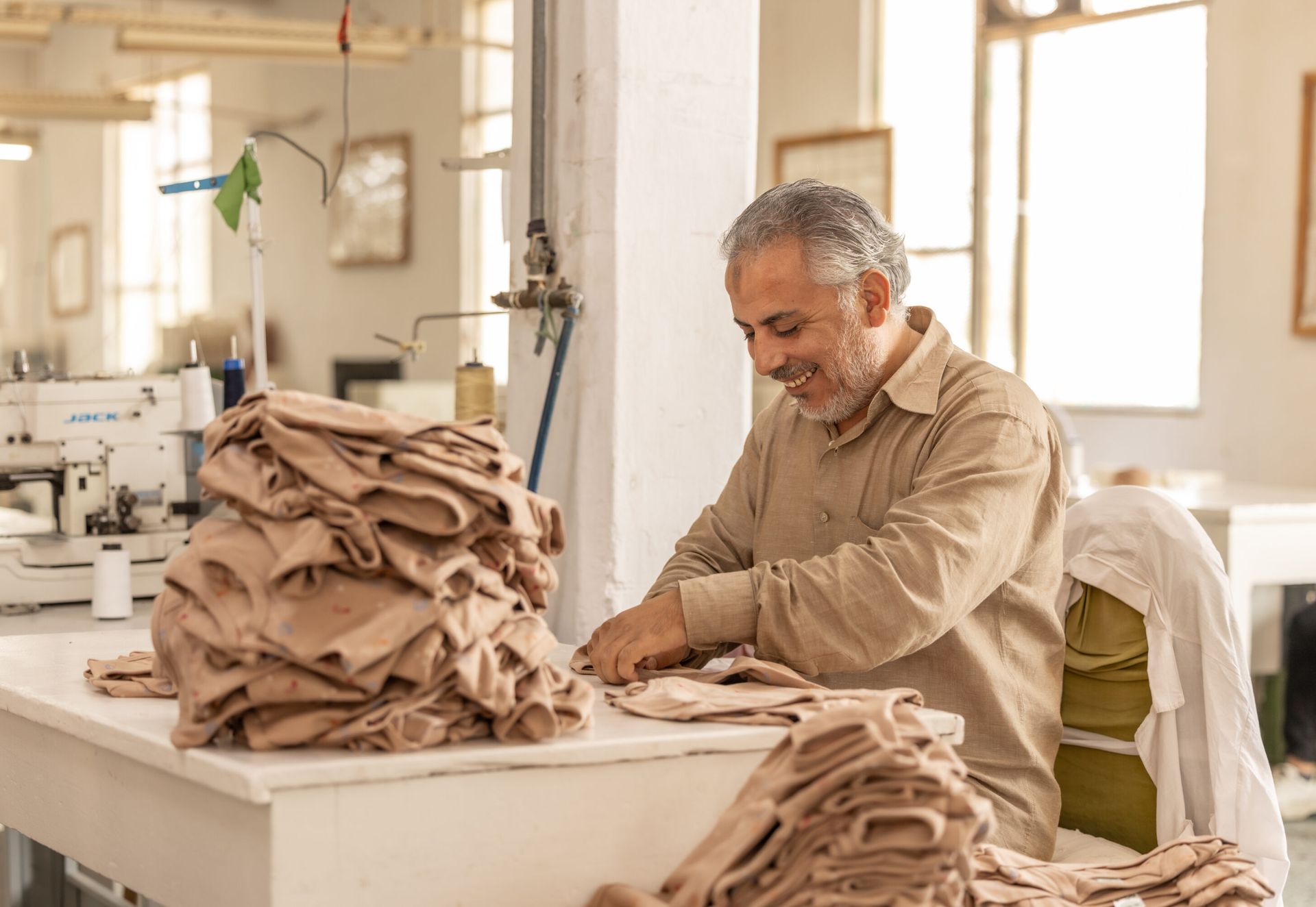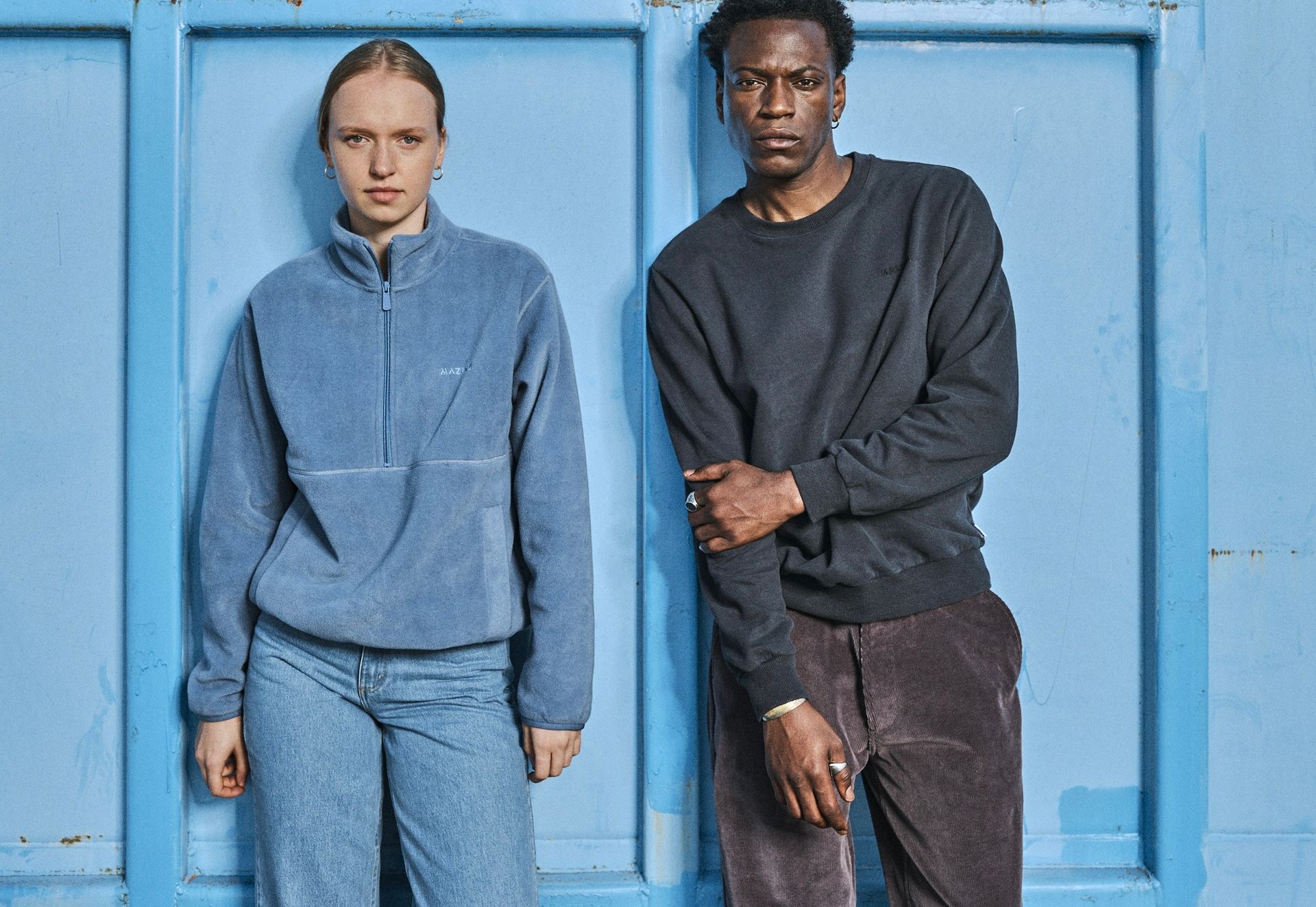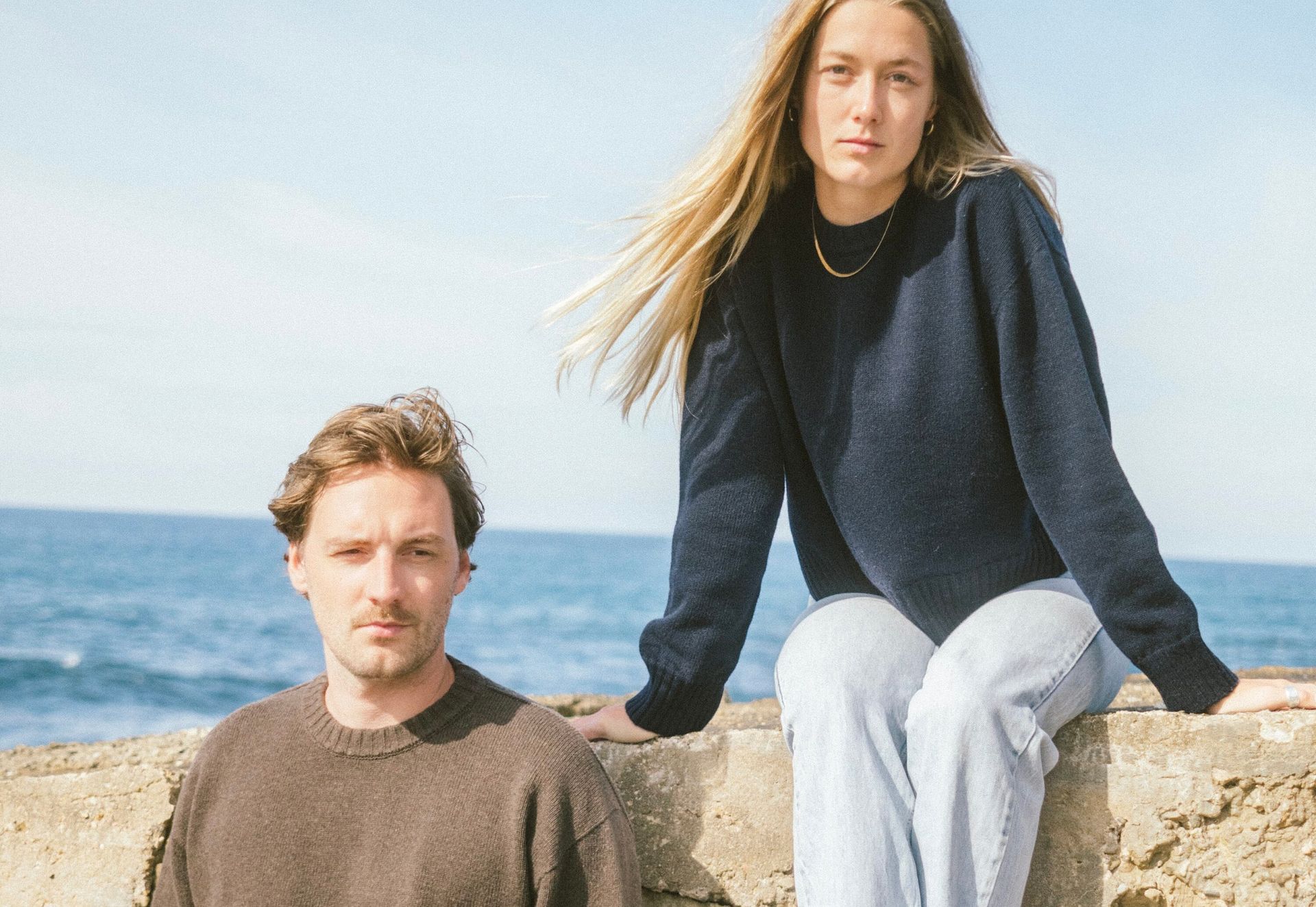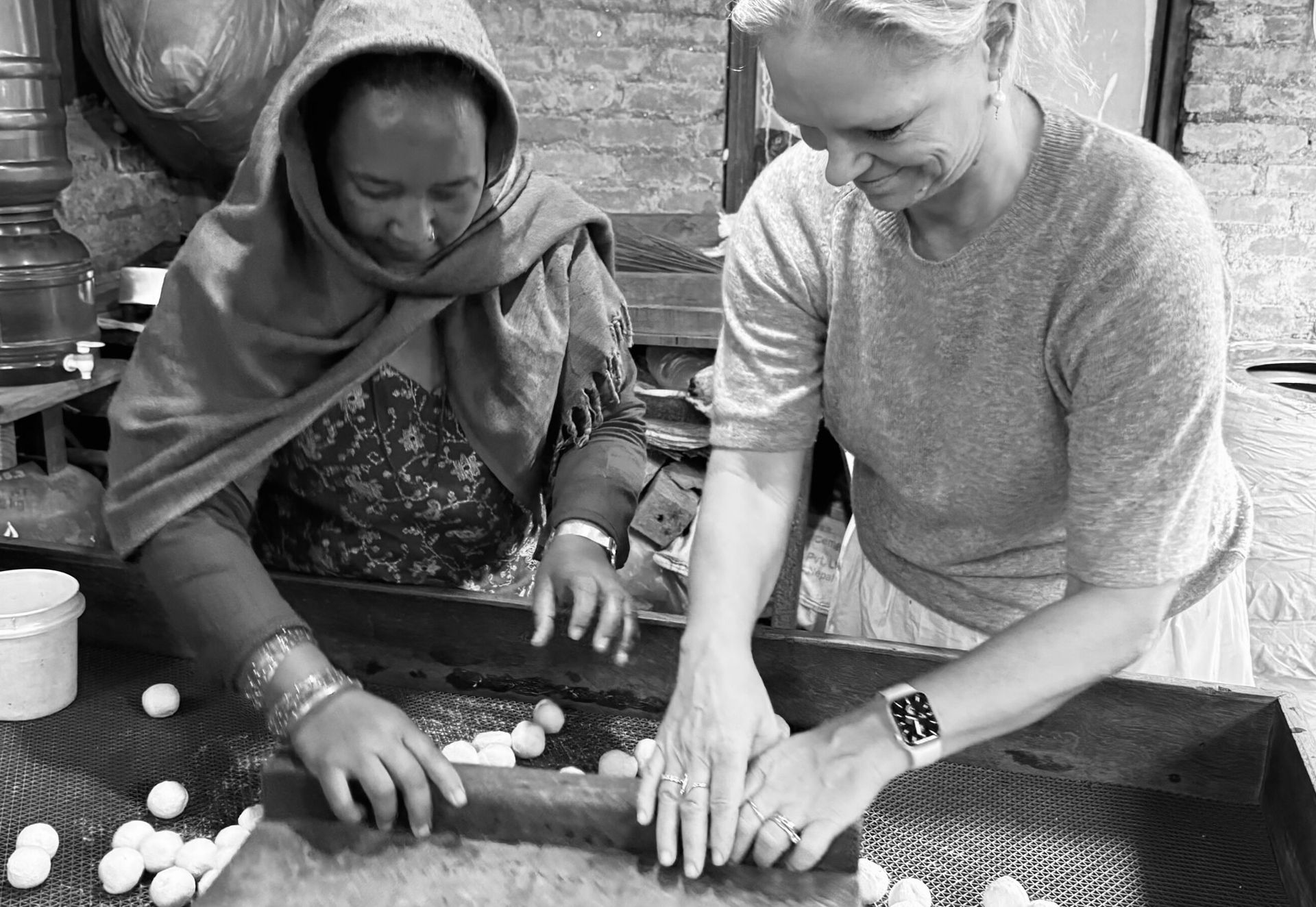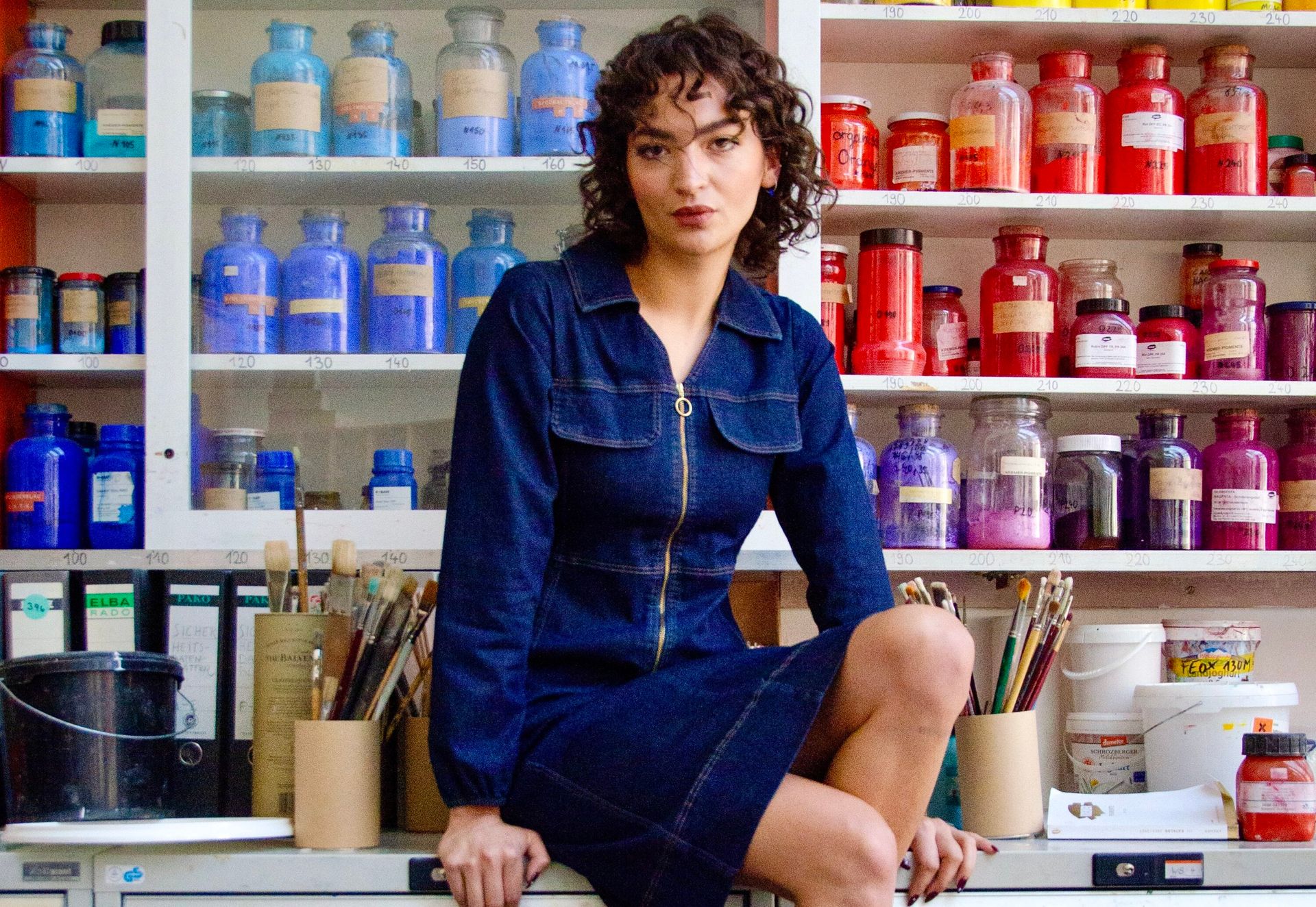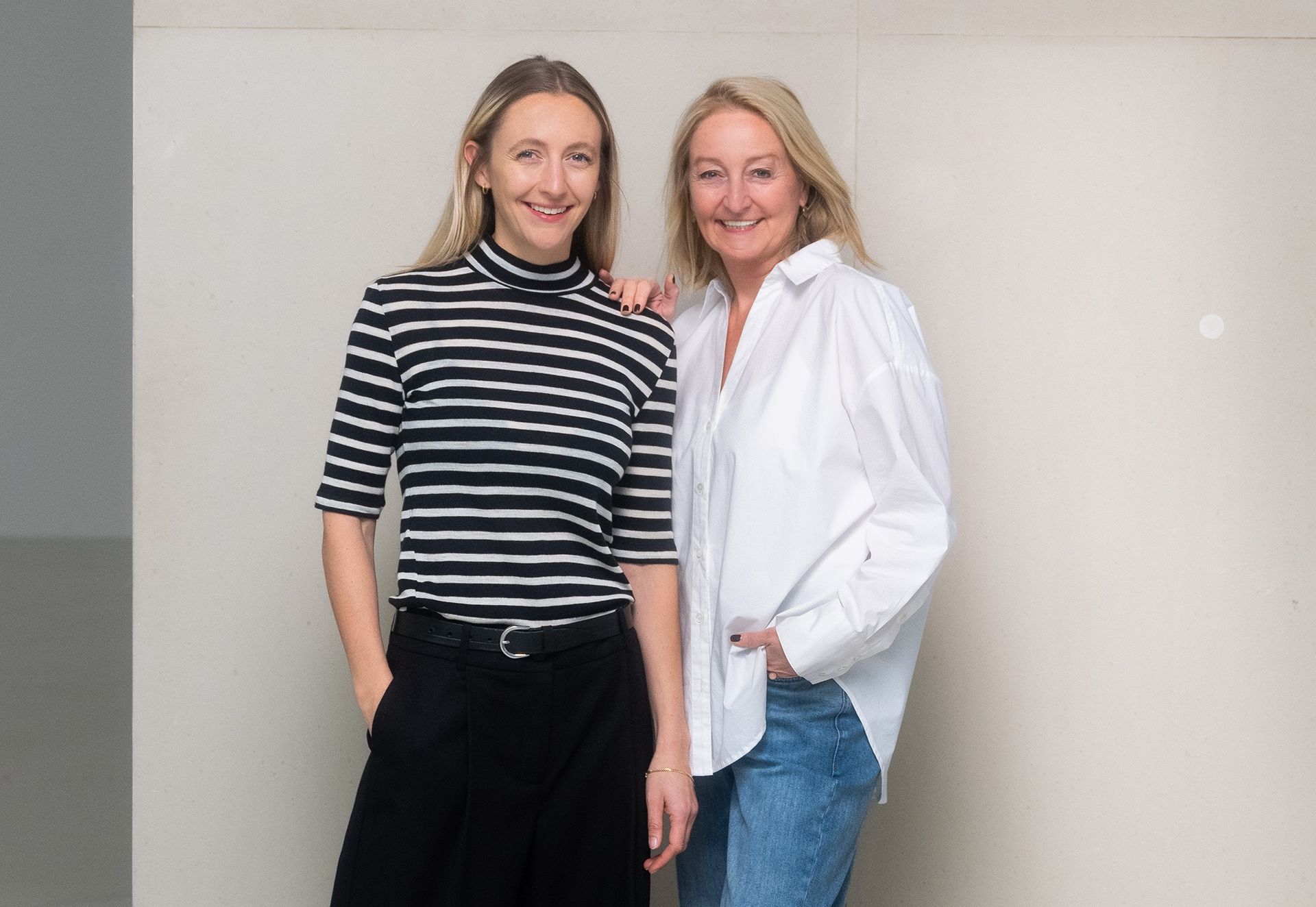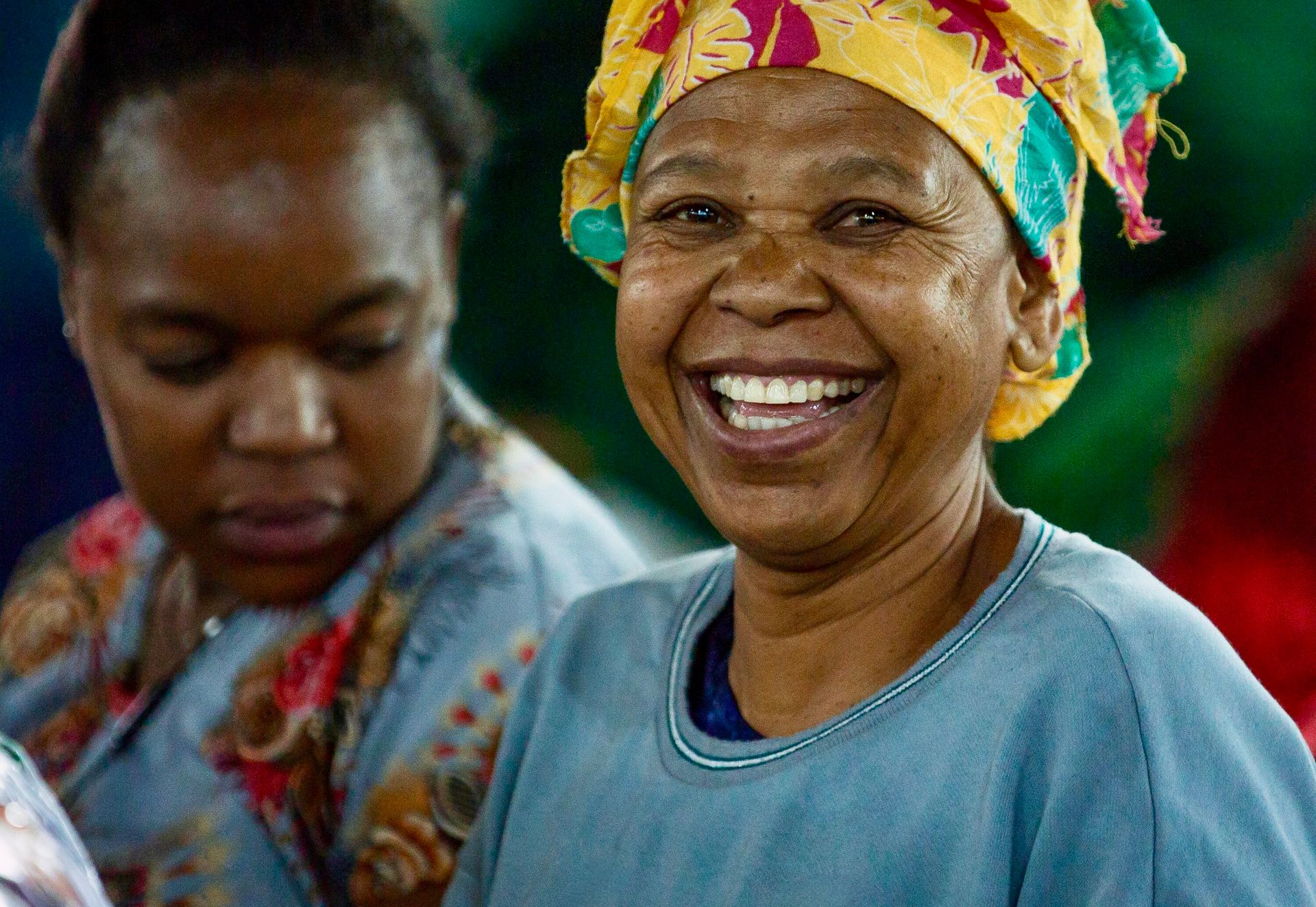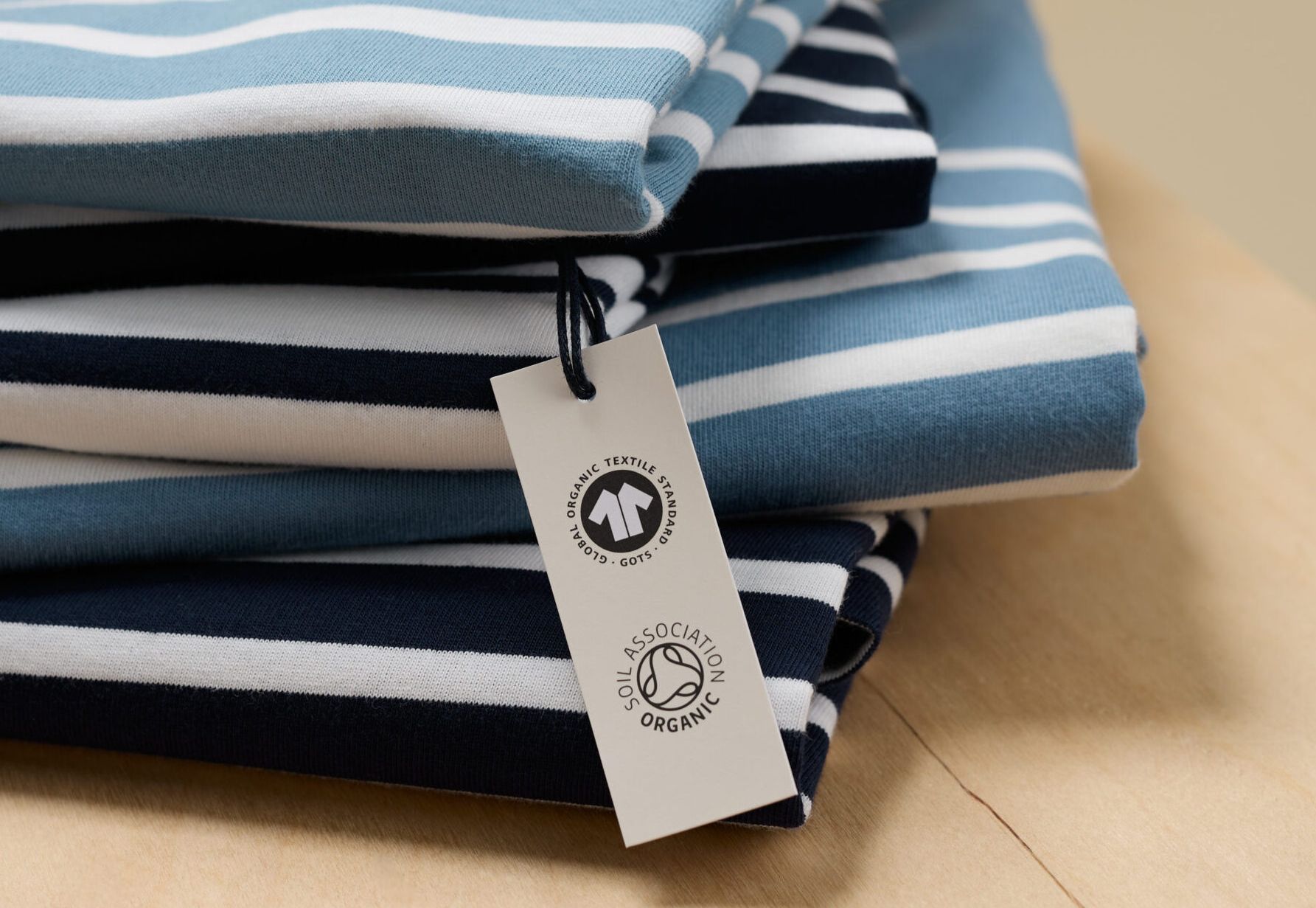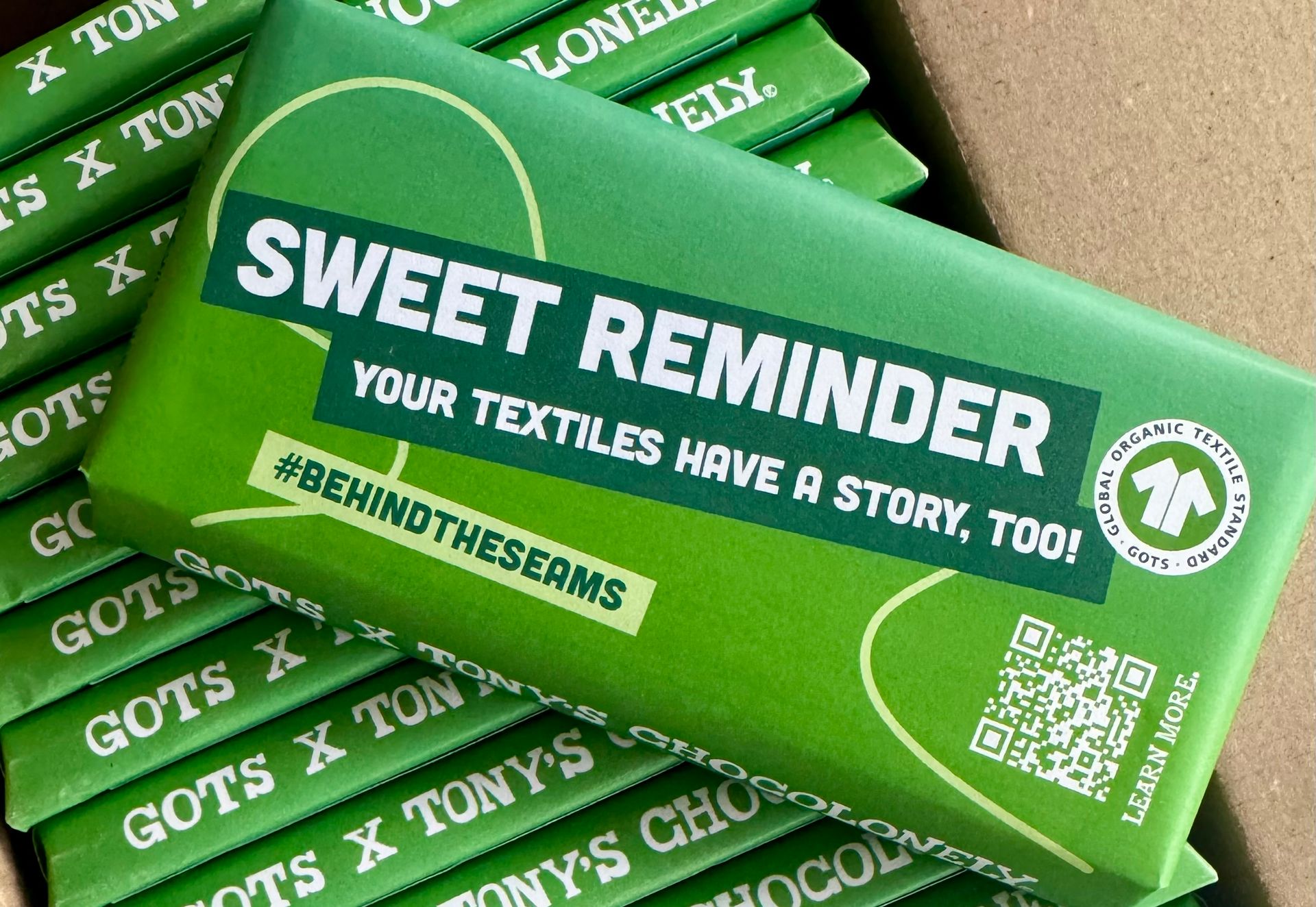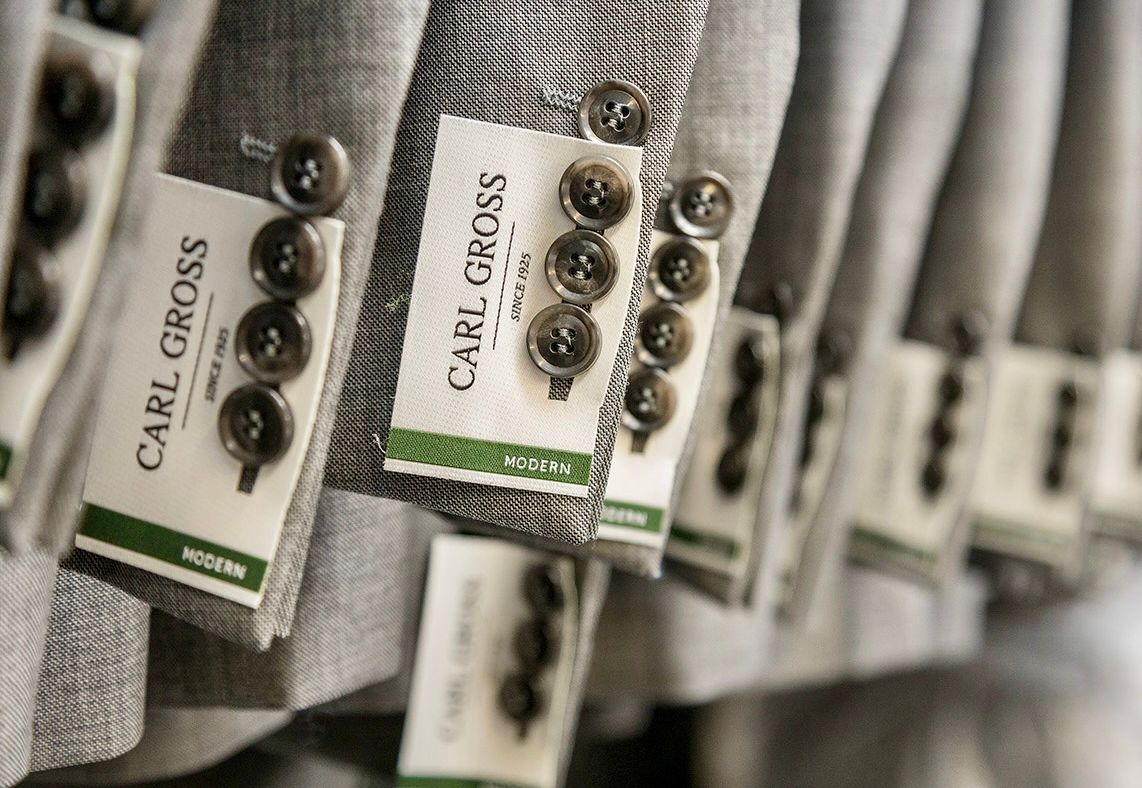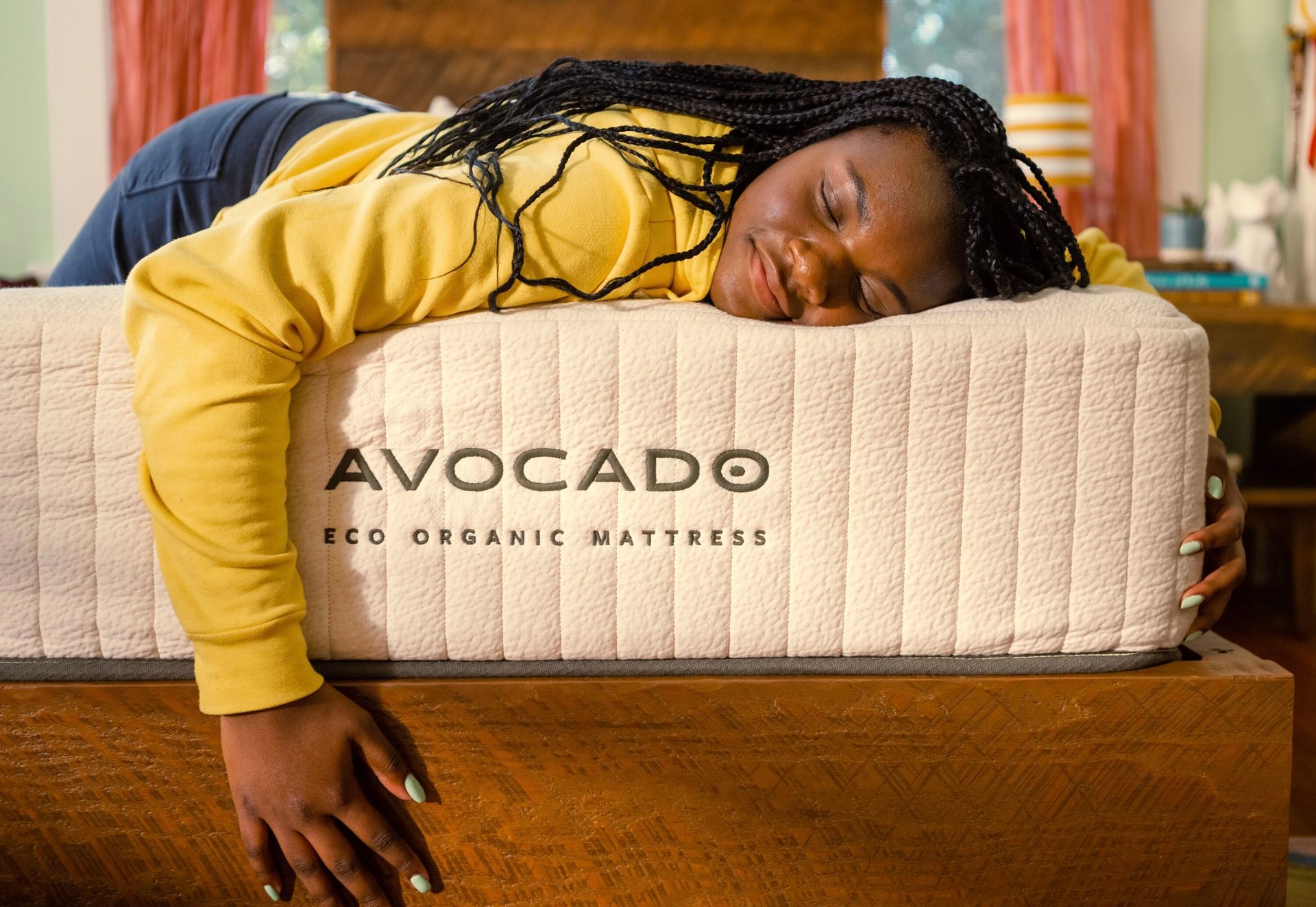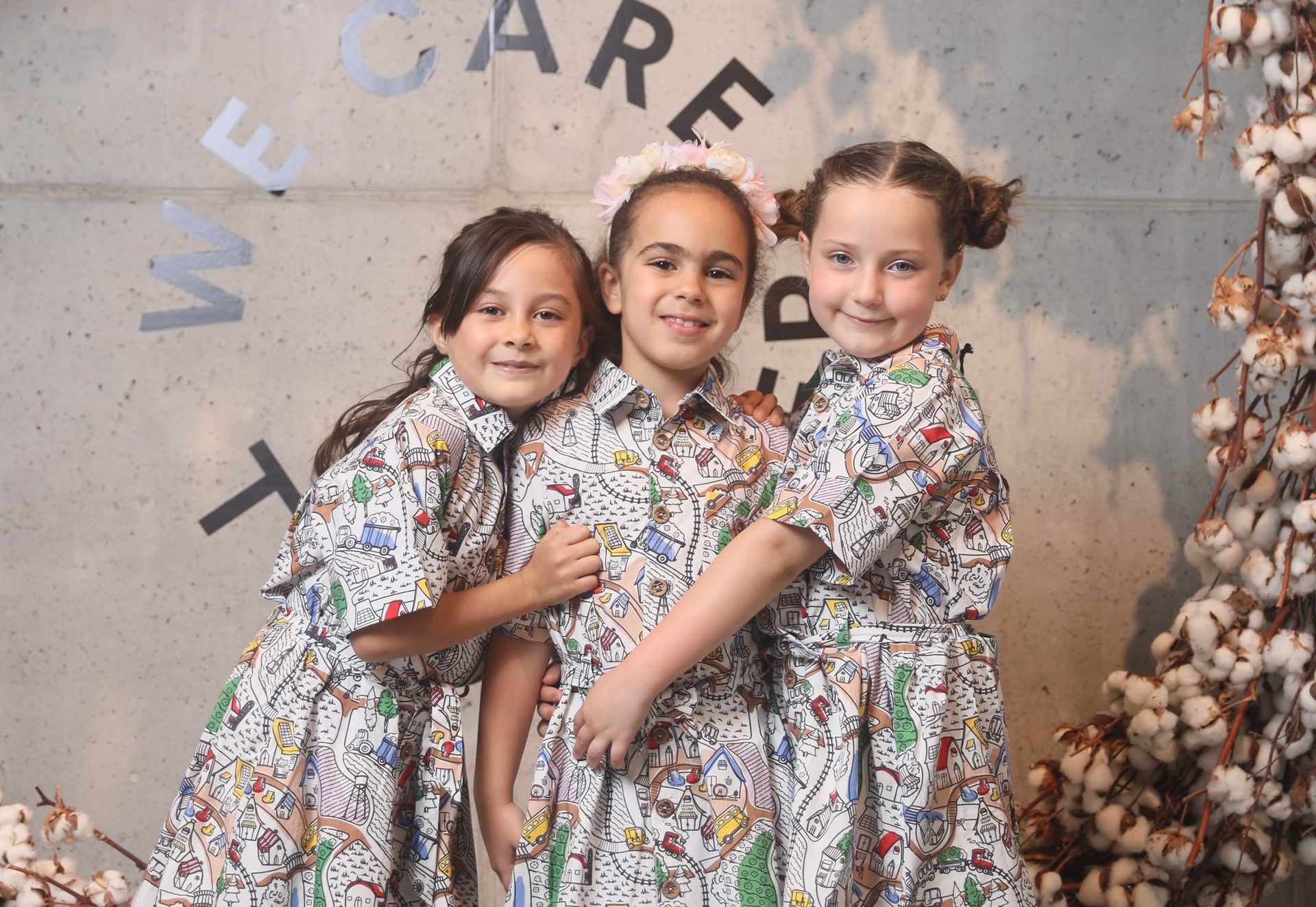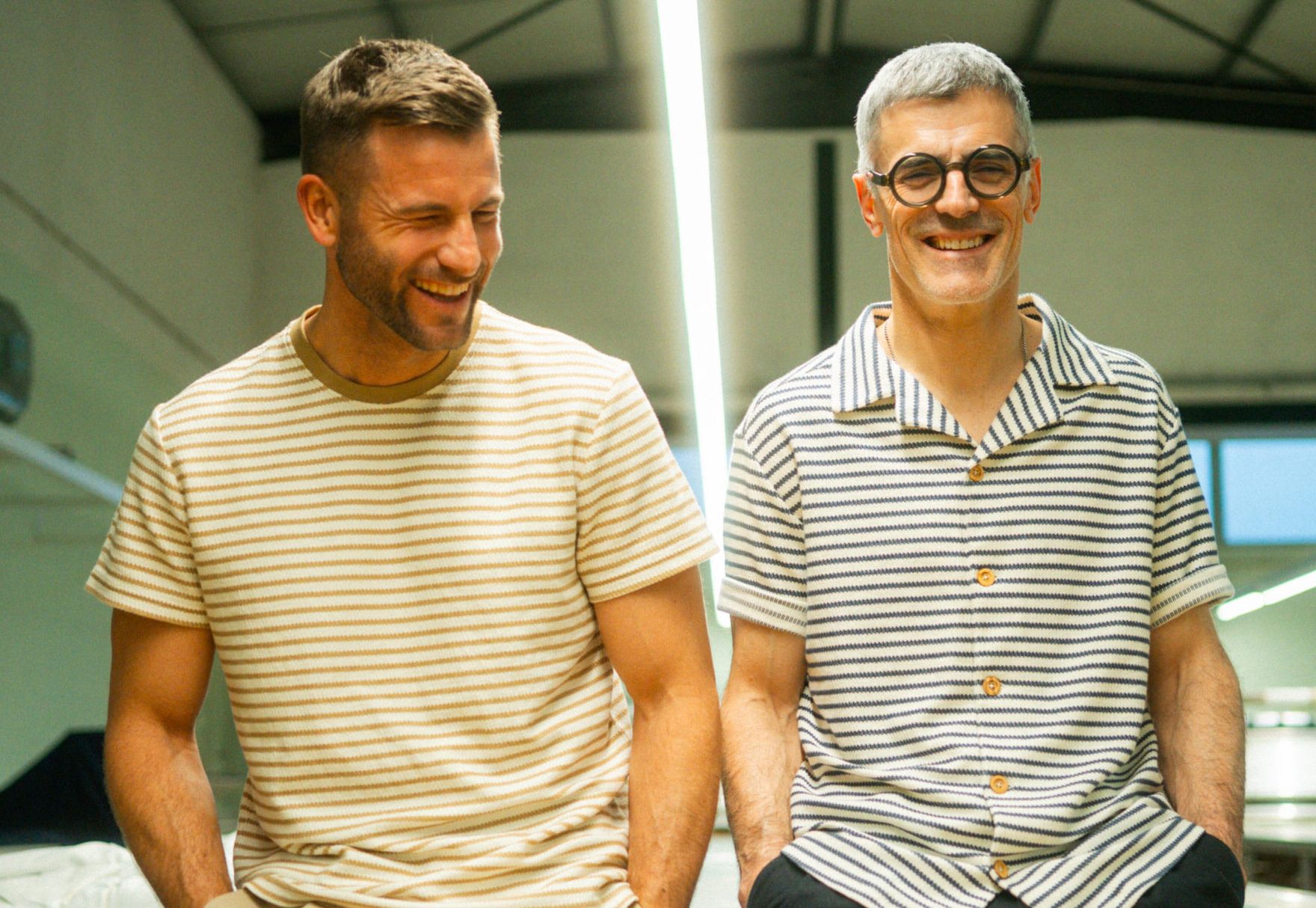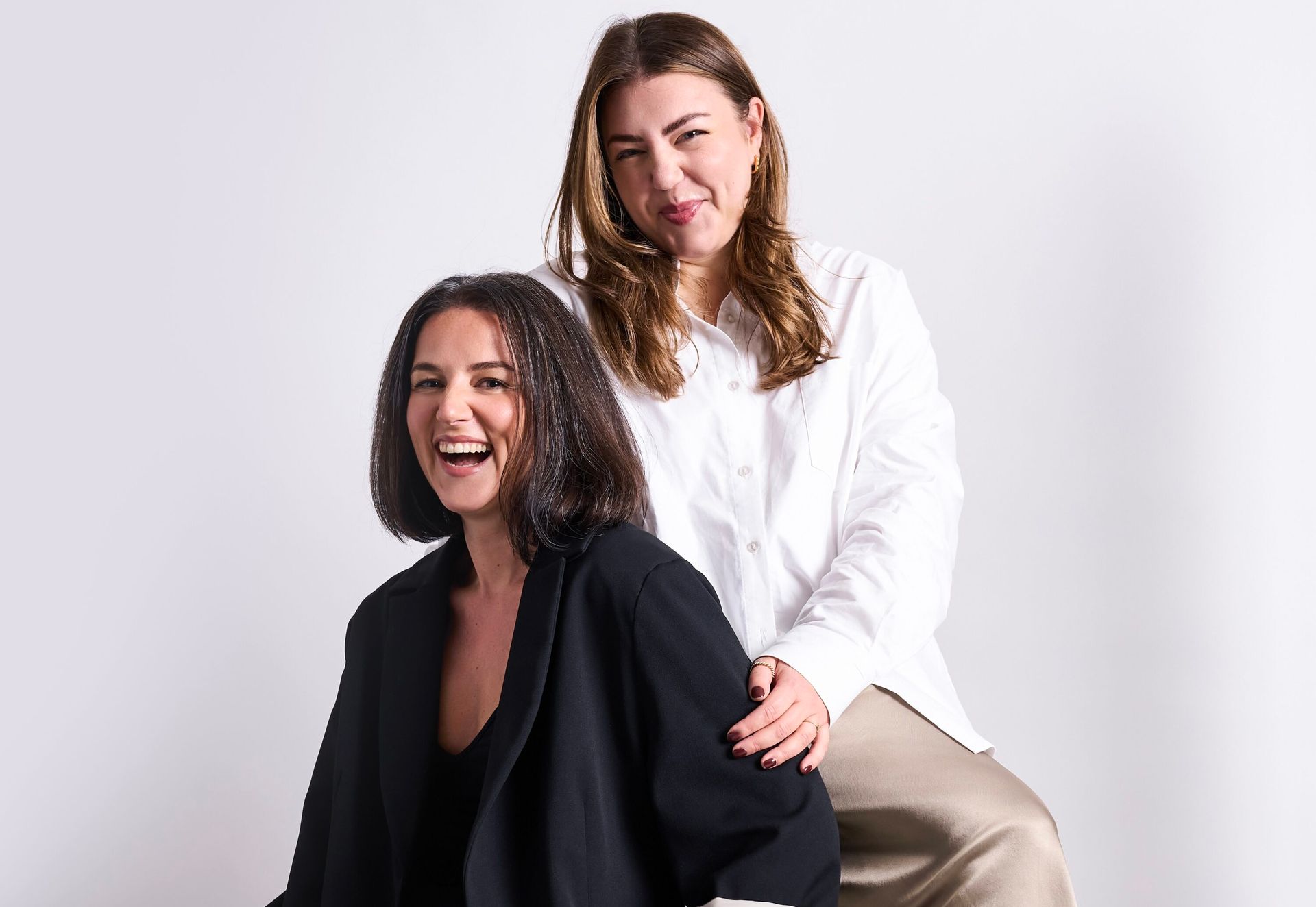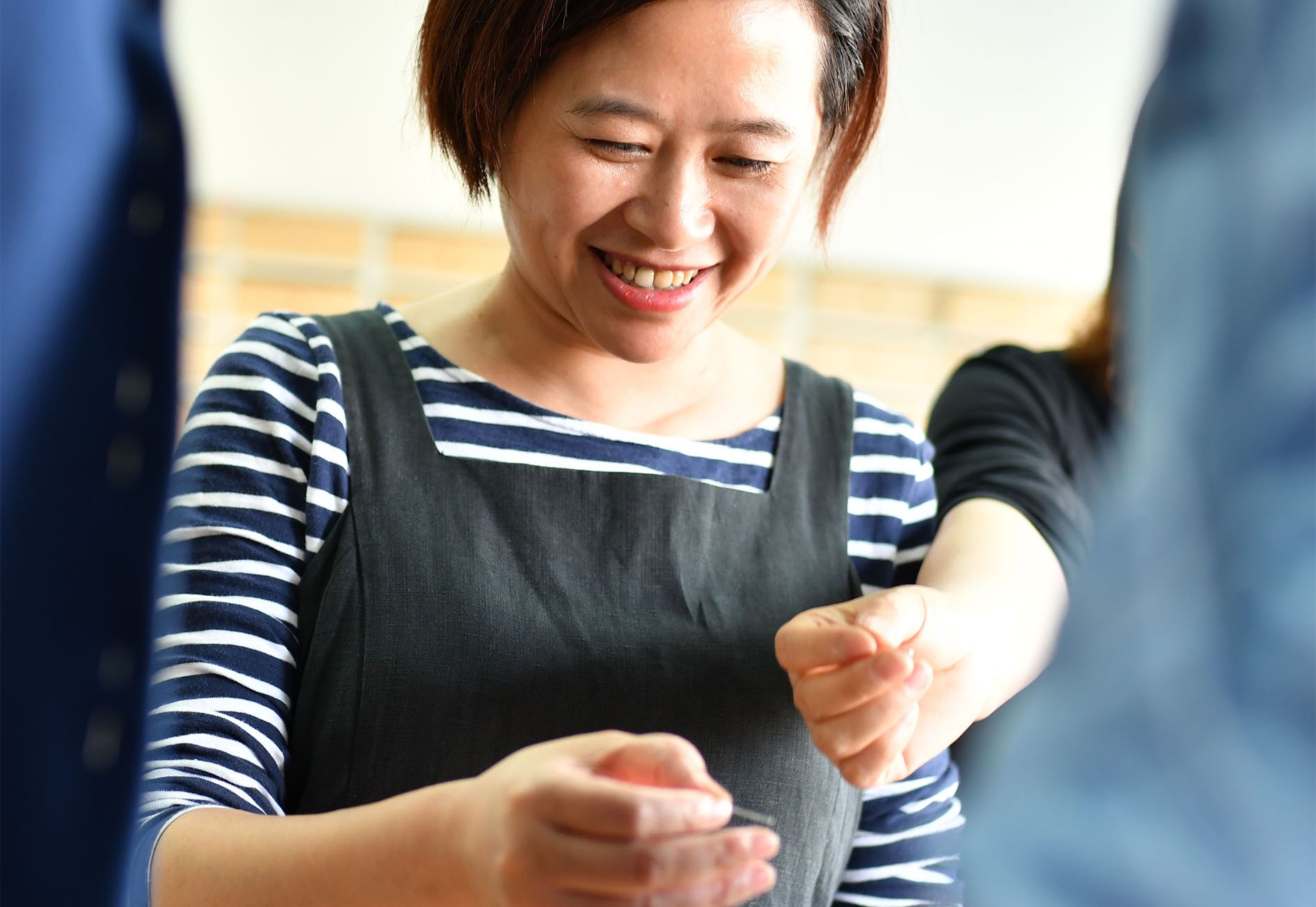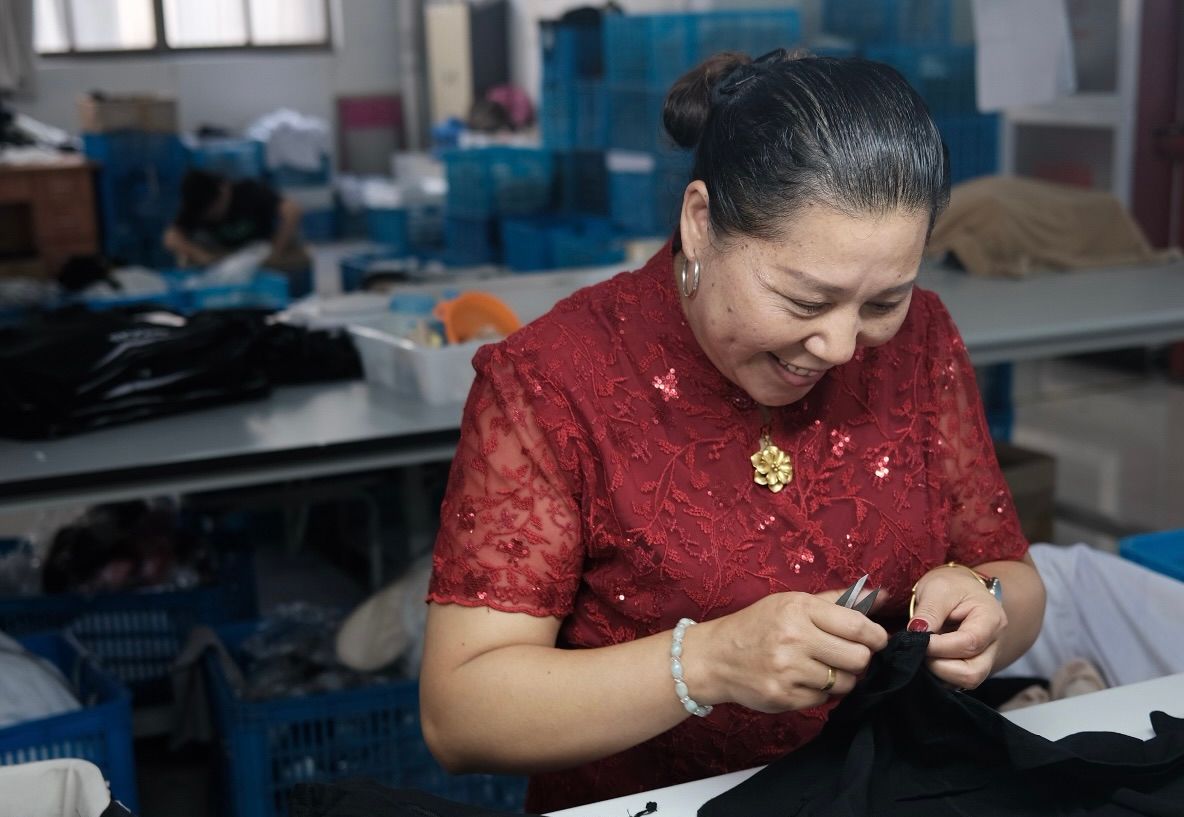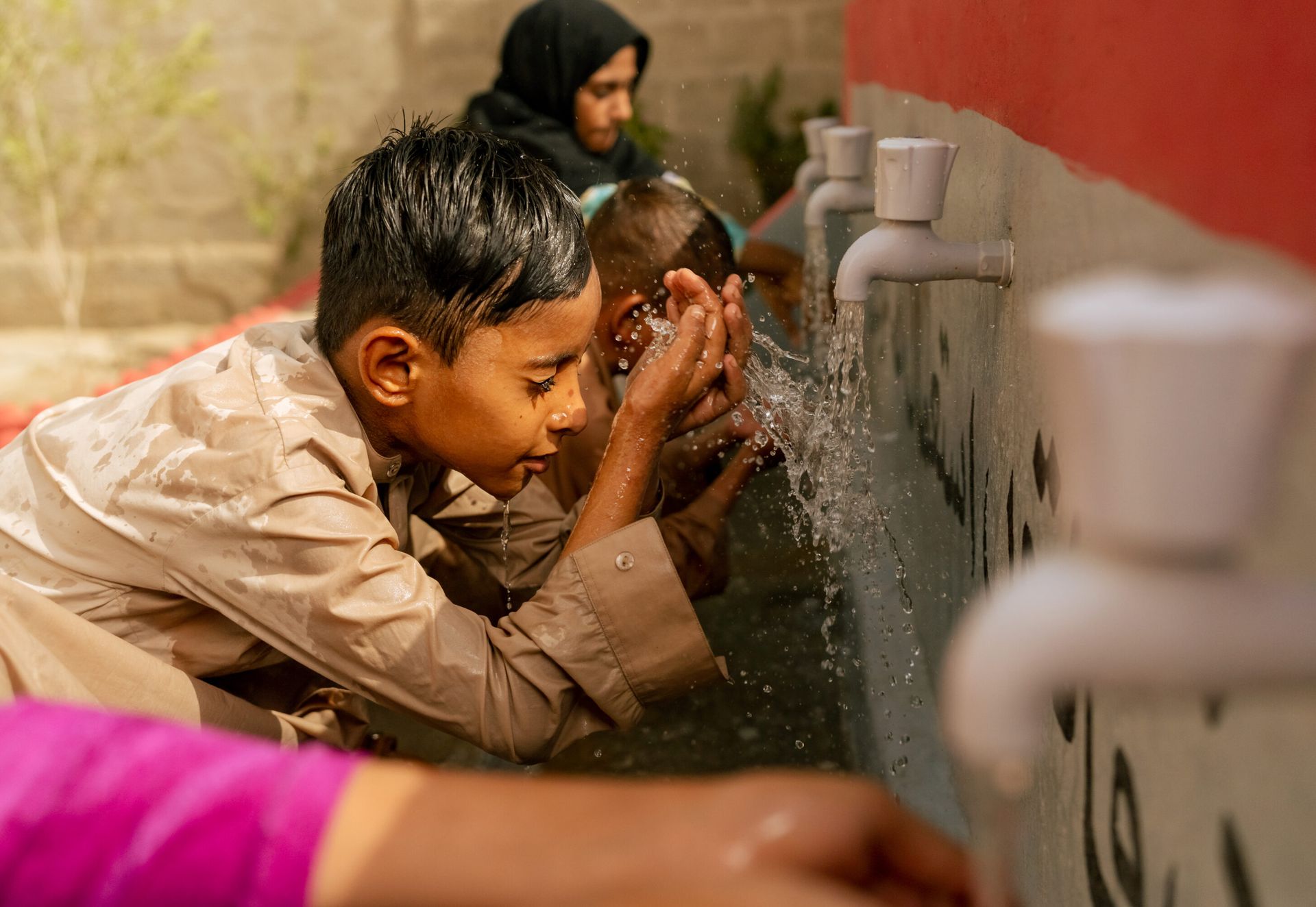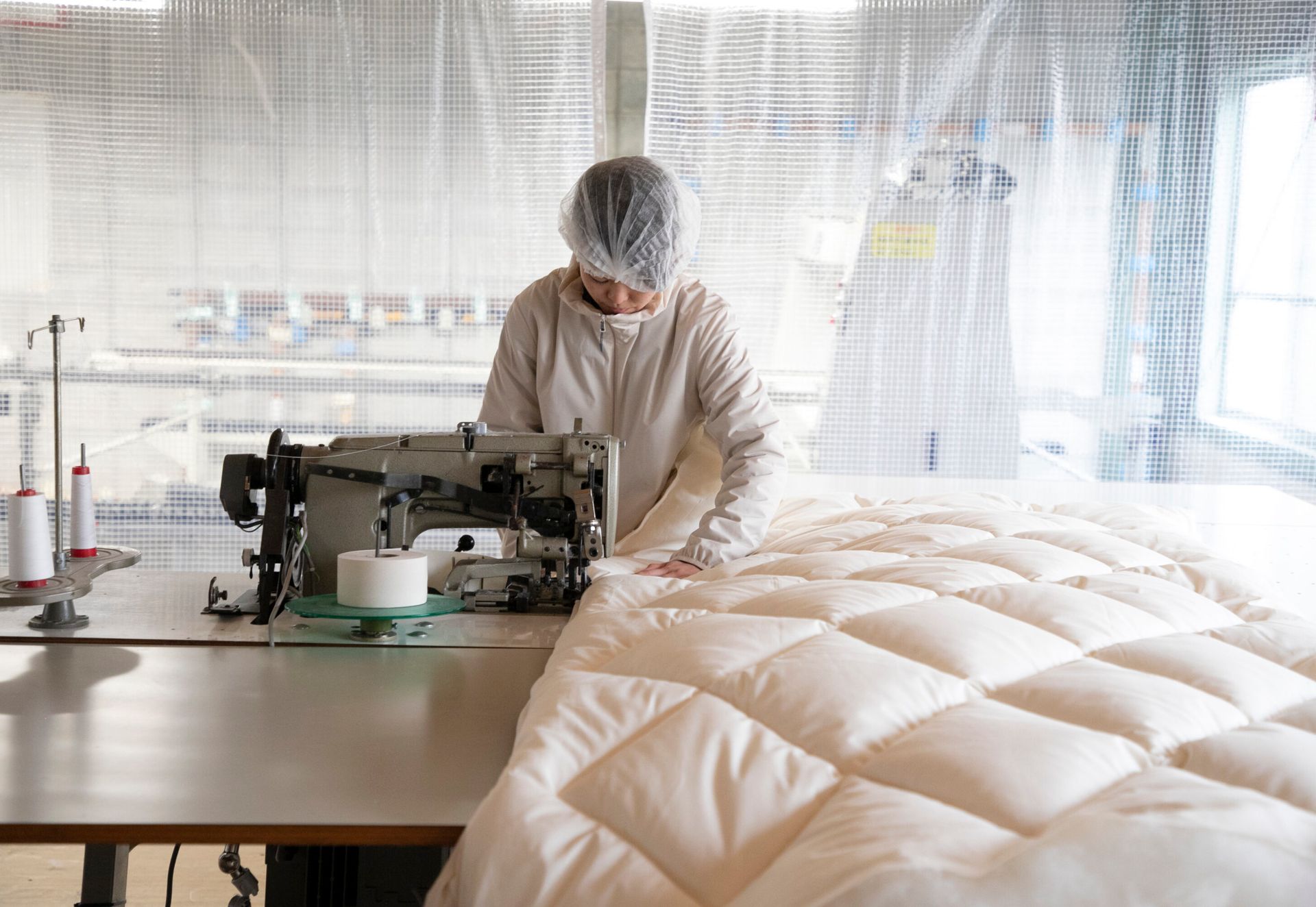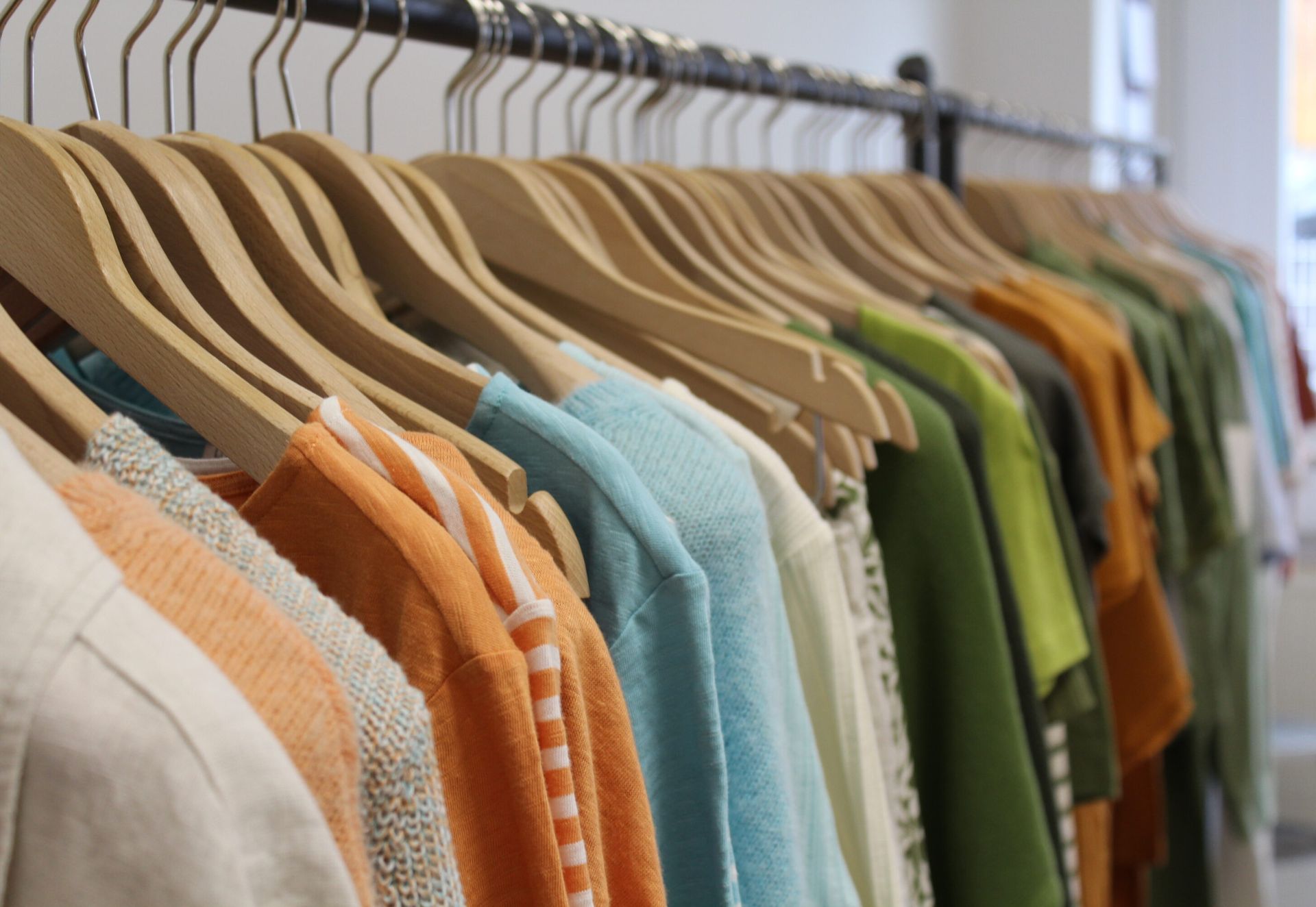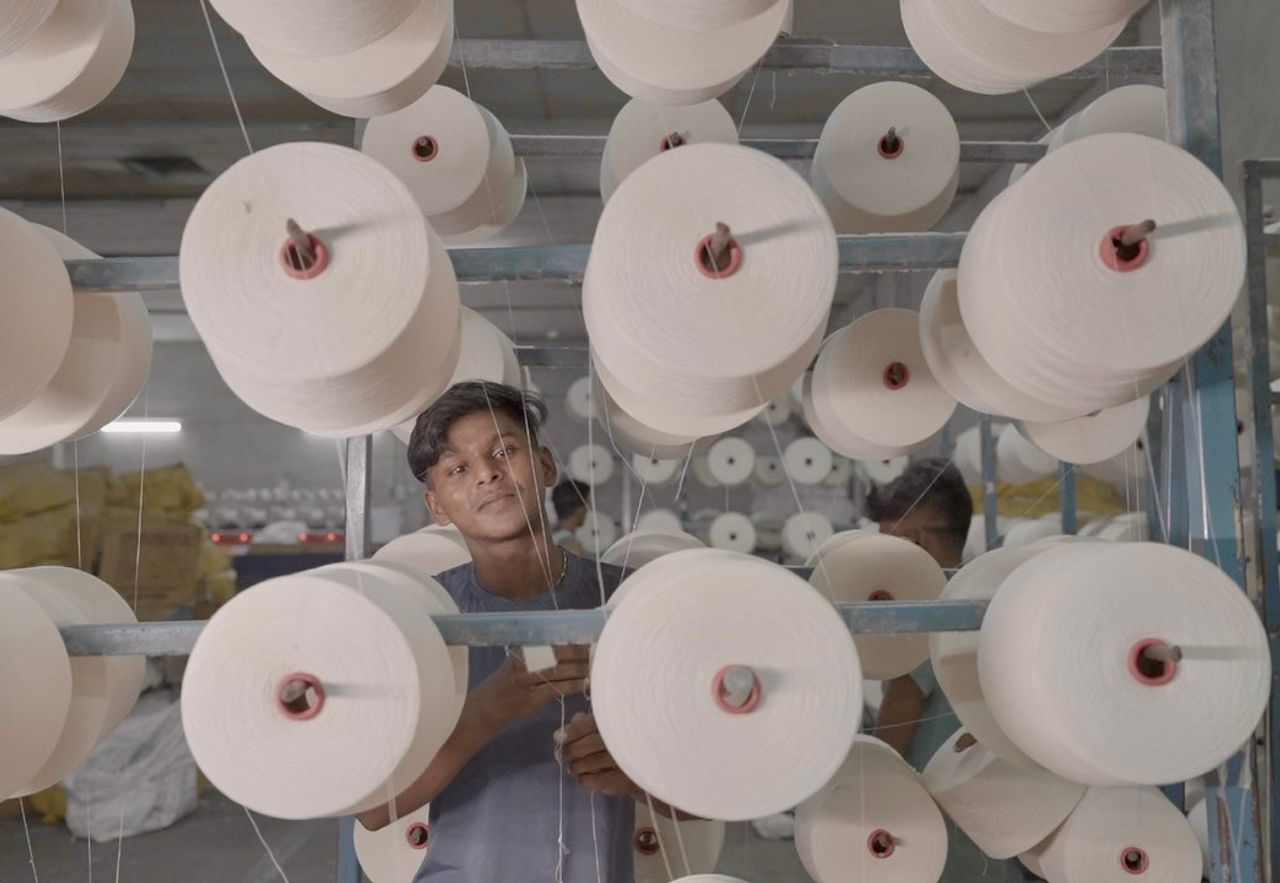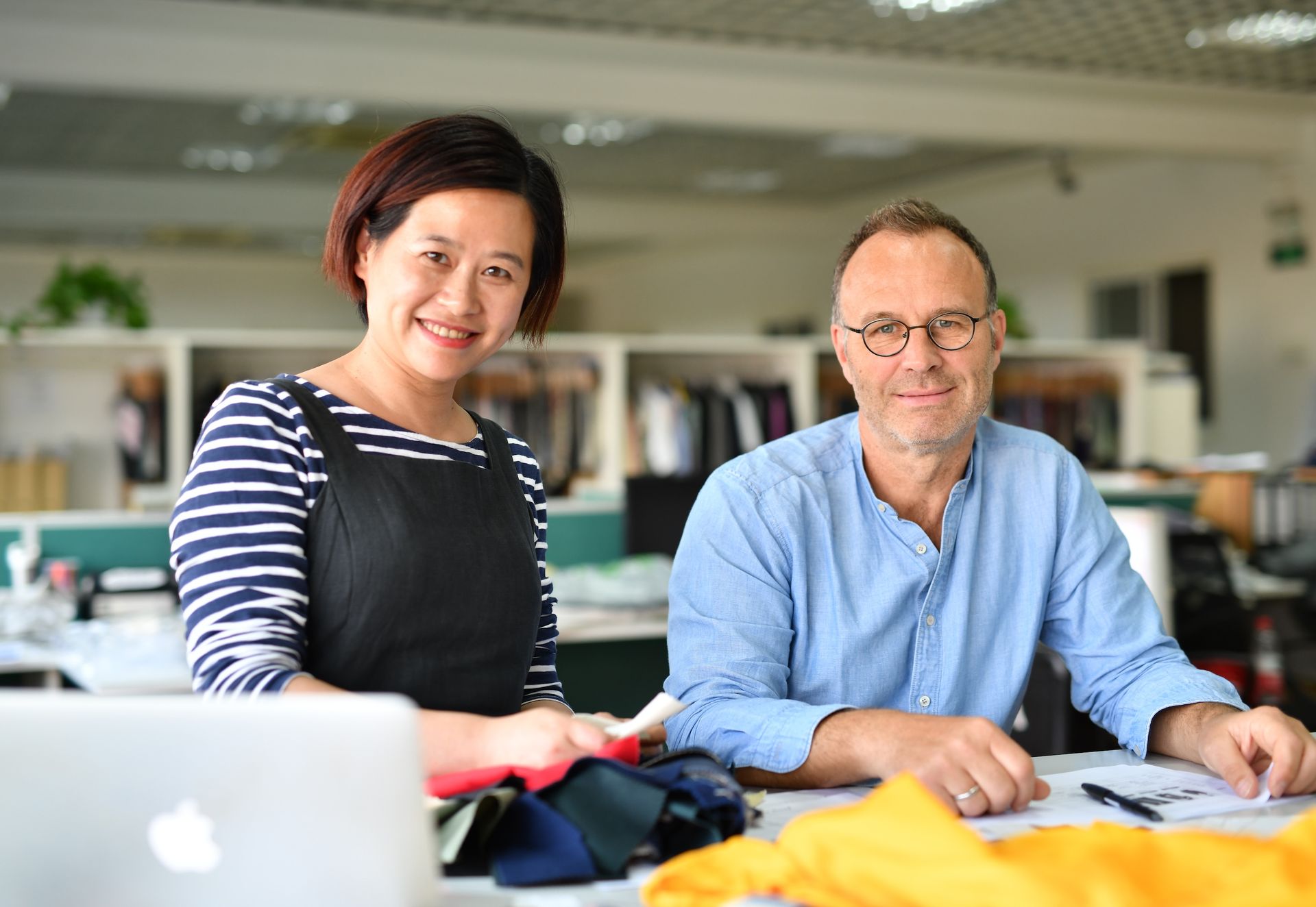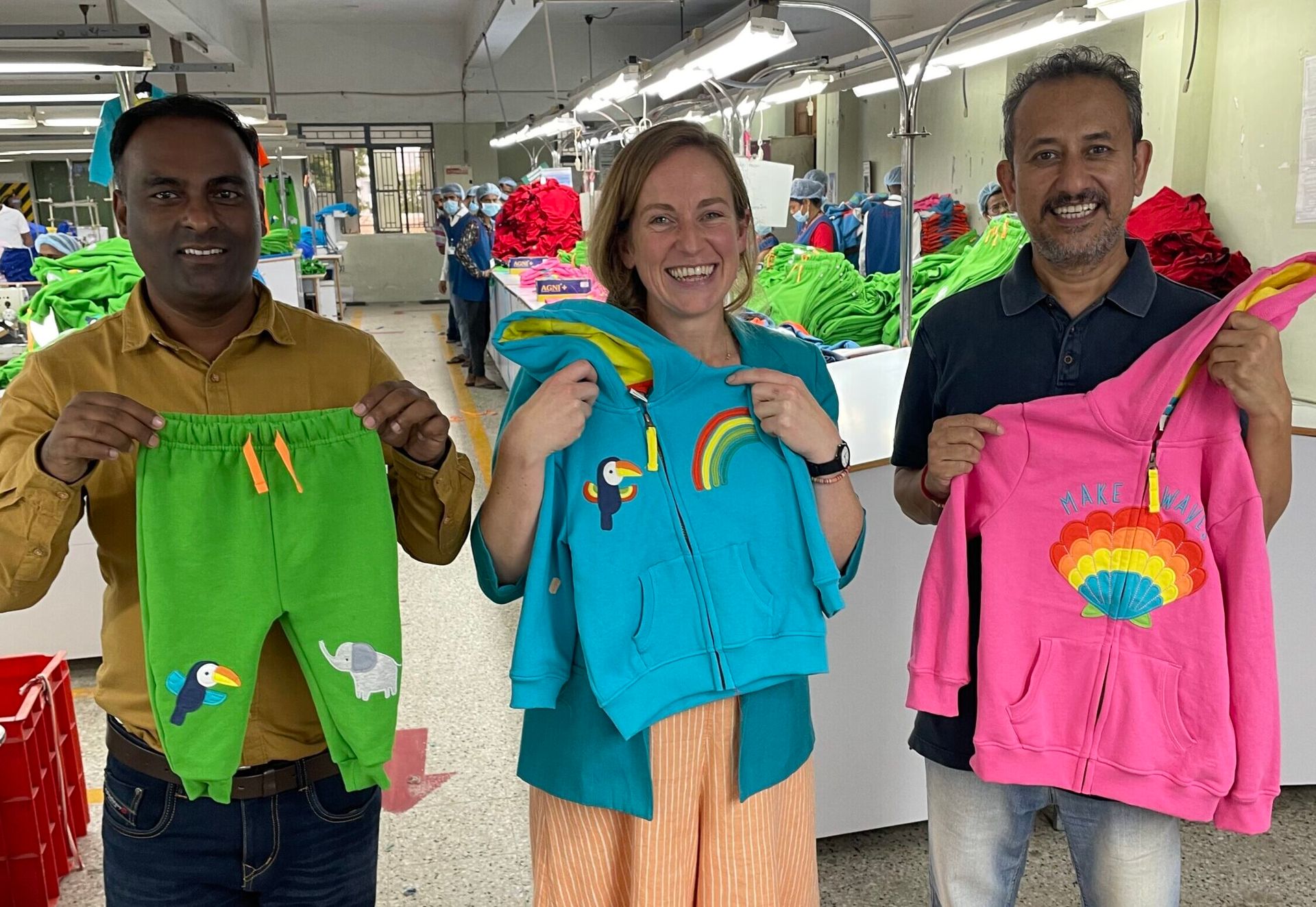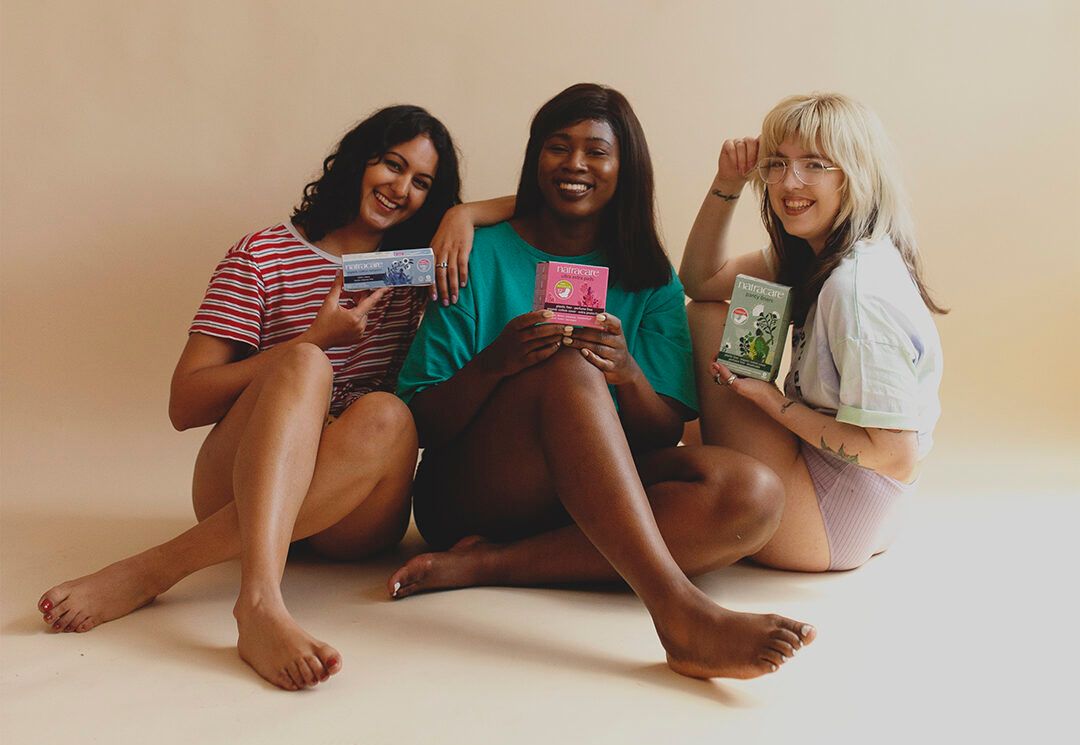For nearly 100 years, the craftsmanship and care put into Sankei Meriyasu garments has distinguished the brand from today’s fast-fashion compulsion. With its rich heritage in the textile industry, Sankei Meriyasu masterfully blends traditional techniques with cutting-edge seamless knitting technology to produce luxurious, comfortable and durable knitwear. In addition, the GOTS-certified brand’s commitment to sustainability means the use of eco-friendly materials and efficient production methods.
GOTS recently spoke to Sankei Meryasu President and Representative Director Tokuo Miki and his children Yasuko Miki, and Ken Miki. Being from different generations in the fashion and textile world, they shared how they view current trends, the sustainability landscape, their brand, the future and more.
GOTS: Can you talk about the wide range and trends of fashion in Japan?
Yasuko/Ken: Japanese fashion is globally recognised for its diversity, ranging from genres like Comme des Garçons, Yohji Yamamoto and NIGO’s Ura-Hara style, to Uniqlo’s basic fast fashion. However, there are many other options within Japan that are less known internationally. These include designer brands and domestic SPA (specialty store retailer of private label apparel) brands that are affordable and trend-conscious. Among these, factory-origin brands also form a unique genre that is widely popular within Japan. Each generation enjoys self-editing and personalising their style, even within the same brand, reflecting the rich tapestry of Japanese fashion.
Tokuo: There are products at various price points, with particularly cheap overseas products making up 98% of clothing in Japan. I see the current situation, where a large amount of clothing is made to enjoy short-term consumption cheaply with eccentric and fleeting styles, as reminiscent of the monoculture era in different countries where they produced sugar and other luxury goods.
GOTS: How do you see the younger generation today incorporating sustainability in their everyday lives?
Yasuko/Ken: The younger generation is vocal about their values and preferences, using new platforms to express their thoughts and emotions. They don’t just act but also share their ideas to seek empathy from the world. This generation questions sustainability far more frequently than previous ones, demonstrating a strong commitment to making sustainable choices in their daily lives.
Tokuo: Many people believe that the current situation will continue indefinitely, so I think few young people feel the difficulty of sustaining it. However, in Japan, cultural education within families, such as not leaving food unfinished and using things completely, has been ingrained from a young age. Therefore, many people have a sense of social morality that includes sustainability. In that sense, I believe that improving social morality on a global scale is necessary for young people and society as a whole.
GOTS: What are some tips for anyone wanting to incorporate sustainable textiles in their everyday lives?
Yasuko/Ken: There is no need to force sustainability into your life. Instead, choose items that you genuinely like and want to use for a long time. By being interested in the stories and backgrounds of these items, sustainable textiles will naturally become part of your everyday life. It’s also our responsibility to continue creating and sharing these stories to make this possible.
Tokuo: Continue using things you like. Avoid being swayed by momentary pleasures.
GOTS: You have another brand that makes high-quality basics. What makes Eiji “the perfect” t-shirt?
Yasuko/Ken: The Eiji t-shirt is perfect not only because of its production background and the soft, beautiful comfort created by skilled artisans but also because it is customisable to fit the individual. Unlike conventional t-shirts that are pre-made to fit standard body shapes, the Eiji t-shirt can be tailored to fit the wearer perfectly. This personalisation ensures that the t-shirt is truly perfect for each individual. Additionally, the ability to repair and wear the t-shirt for a long time is integral to the Eiji philosophy, making it the ultimate t-shirt.
Tokuo: I believe it’s because it’s a t-shirt that the craftsmen who make the clothes most want people to wear and trust to be good.
GOTS: Sankei Meriyasu has a nearly 100-year history. What changes have you seen and what inspires you to keep the quality the same and sustainable?
Tokuo: When I inherited Sankei Meriyasu as the third generation, the work of making clothes domestically in Japan was gradually decreasing, with production in China increasing, making it a declining industry domestically. In such circumstances, together with skilled craftsmen and cooperating factories, we have struggled to change how and what we make to adapt to the times and somehow keep the factory running. However, in order to maintain the factory, I have always felt that “making money doesn’t justify everything” and “I don’t want to make clothes that make people unhappy”. As a result of continuing to make clothes with these feelings despite the difficulties, 100 years have passed. That is my honest impression.
GOTS: Ken and Yasuko, what was it like growing up around this company? What did you see and learn being in this environment?
Ken: While many documentaries might portray factories as dark and depressing, our factory is quite the opposite. Everyone works happily, and there is a joyful atmosphere even when collaborating with workers from other factories. Growing up in this environment allowed me to see that creating great products brings joy to both us and our customers. This instilled in me a sense of community and the belief that making quality products is a fulfilling endeavour.
Yasuko: Honestly, when I was little, I didn’t fully appreciate how valuable the workshops and factories we work with were. The employees and workers were always very friendly and would compliment me, so it was fun to hang out at the company. Now, I feel incredibly fortunate and grateful to have them as part of our team. Their dedication allows us to create some of the best quality garments in the world.
My grandmother, who worked at our company until she was 80, inspired me immensely with her hard work and impeccable style. She’s the most stylish grandmother I’ve ever known, and she definitely motivated me to work hard and dress well.
GOTS: Yasuko, you now live in the U.S., giving you a unique view of the fashion world. What is the difference in how Japan and the U.S., particularly New York, view sustainable fashion?
Yasuko: Overall, I think people in New York are more conscious about a sustainable lifestyle. There are more people in New York who prefer buying sustainable products compared to Japan. For example, I see more organic cotton products and vegan leather in the U.S. Additionally, there’s a significant trend towards thrift shopping in the U.S., which I believe is a great way to be sustainable when buying clothes. In that sense, I think Japanese consumers need more education on how fashion impacts the environment, but I see that they are starting to care more about it. Social media is helping to spread this awareness to the younger generation, and they are becoming increasingly conscious of these issues.
GOTS: Do you find that nature impacts both places differently?
Yasuko: In Japan, there are many environmentally friendly artisanal producers in textiles and garments. However, they are at risk of dying out because they can’t find successors. It’s crucial to quickly educate consumers in Japan and worldwide about the importance of preserving these skills. In New York, the emphasis is more on innovation and finding new ways to incorporate sustainability into urban living. The city’s fast pace and diverse population drive a variety of sustainable practices, from rooftop gardens to eco-friendly fashion trends. I think Japan can learn from New York’s creative way to approach to sustainable lives.
GOTS: Where do you see the company going in the future?
Ken: We create unique clothes that only we can make, and we now have the means to share this with the world. We’ve realised that if we create what we truly want to make and share it globally, there will be people who appreciate and need it. This makes us very optimistic about the future. We are focused on preserving and passing down the techniques of our predecessors to the next generation with a strong sense of purpose.
